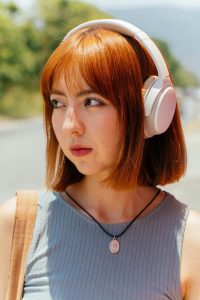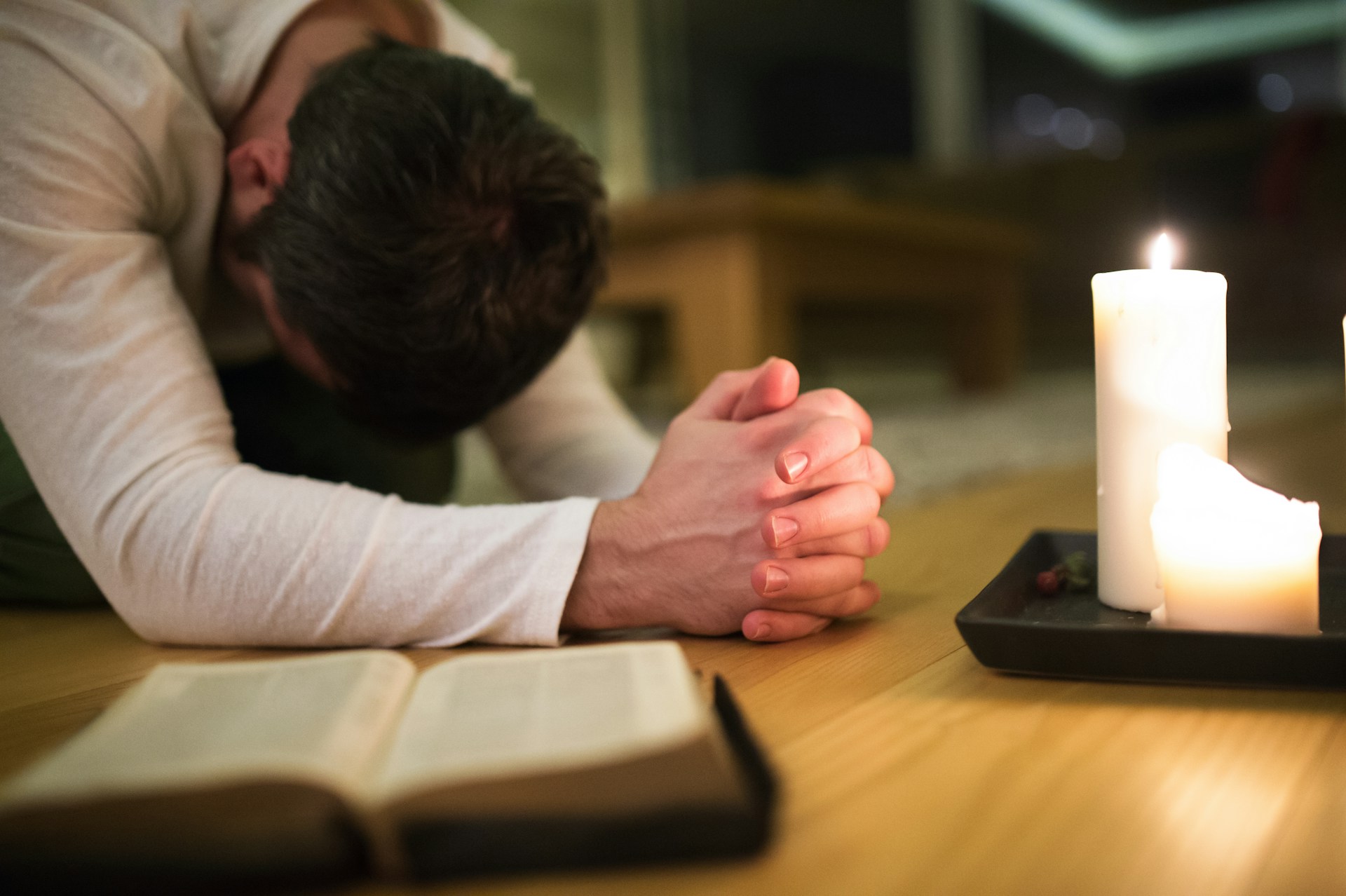Adolescence is a vulnerable period between childhood and adulthood marked by a rapidly changing body and fluctuating hormones. Anxiety is a natural response as teenagers try to adjust to these changes, figure out their identity, become more independent, try new things and deal with a major life transition.
 It is a deluge of newness. They may not yet be fully equipped to handle these added responsibilities and pressures as their brain is still developing and will not reach full physiological maturation until they are in their twenties.
It is a deluge of newness. They may not yet be fully equipped to handle these added responsibilities and pressures as their brain is still developing and will not reach full physiological maturation until they are in their twenties.
Anxiety in adolescence becomes cause for concern when it is excessive and irrational, and interferes with your teen’s school performance, sleep, social interactions, and ability to go about daily life.
Things that cause anxiety in adolescence.
There are countless things that contribute to anxiety in adolescence. From parental expectation to conform to their parents’ value system or pressure to succeed, to the demands they, their teachers, and society may put on them to meet societal norms, worry can spin out of control. As they attempt to juggle school, friends, and activities, they become overwhelmed.
Much like newborns and babies, adolescents require more sleep than people in other stages of life. With all the activities, commitments, and young adult responsibilities, sleep deprivation significantly impacts a young person’s ability to cope with all that is going on in their lives, particularly when they overextend themselves, trying to do too much.
Likewise, shame haunts and drives anxiety. Whether an adolescent fails in a competitive environment or just fears it, they can feel overwhelmed with life. How they are perceived by others, what they believe others think of them, peer pressure, concerns of body image, inadequate feelings driven by social media, all drive anxiety and fear about being humiliated and embarrassed.
Physical and hormonal changes fuel reactions that do not look like their former selves. This can be distressing, as are thoughts of the future, both their own and in the broader world around them. As they begin to entertain adulthood, news of war, the economy, and becoming independent may spin anxiety to unmanageable levels.
Possible signs of anxiety in adolescence.
 How would someone know if they themselves or a loved one is experiencing anxiety? There are plenty of red flags to look out for. Some signs include:
How would someone know if they themselves or a loved one is experiencing anxiety? There are plenty of red flags to look out for. Some signs include:
- Excessive worries and fears.
- Irritability.
- Unrelenting anxiety.
- Inner restlessness.
- Feeling tense or jittery.
- Trouble concentrating.
- Fatigue.
- Feeling panicky.
- Continually checking and rechecking to make sure they did something right.
- Unexplained physical symptoms such as muscle tension, backaches, stomachaches, headaches, neck and shoulder pain, or chest tightness.
- Sleep problems.
- Loss of appetite or disordered eating.
- Avoiding usual activities.
- Refusing to engage in new experiences.
- Self consciousness.
- Engaging in risky behaviors.
- Uncharacteristic shyness.
- Dropping grades and poor performance at school.
- Skipping school.
Most common adolescent anxiety disorders.
Three anxiety disorders are most commonly exhibited in adolescents. Generalized anxiety disorder (GAD) is a persistent and excessive worry over day-to-day events, activities, and social interactions. Meanwhile, social anxiety disorder (SAD), or social phobia, is recognized as a fear of being in social situations and being judged, criticized, or embarrassed in front of others. Lastly, a fear of being away from the security of home or a loved one is called separation anxiety.
How parents can help their adolescent manage anxiety.
Parents can help their child manage anxiety in some simple ways. Talk, talk, talk! Be empathetic and help your teen identify their feelings. Show concern and understanding as you validate your teen’s feelings. Be sure to be supportive and not trivialize or downplay the anxiety they are experiencing.
 Now is a wonderful opportunity to be a positive role model for your teenager, by promoting healthy lifestyle habits and encouraging self-care. Run or do something physical together to reduce stress hormones.
Now is a wonderful opportunity to be a positive role model for your teenager, by promoting healthy lifestyle habits and encouraging self-care. Run or do something physical together to reduce stress hormones.
Practice relaxation techniques with your teen, such as deep breathing, progressive muscle relaxation, or mindfulness exercises, especially during your own overwhelming moment. Together establish a healthy sleep routine to maximize rest for resolve and health.
Use one of the best tools to counter negative thoughts: the Bible. Help your teen find, write out, and repeat positive affirmations based on truths in God’s Word to counter the narrative of worry and fear.
Do not do it alone.
Anxiety disorders are the most common mental health conditions in adolescence, but the good news is that they are highly treatable. There are several evidence-based options available to help your teen combat anxiety in adolescence.
An important one is cognitive behavioral therapy for anxiety in adolescence, which focuses on helping teens recognize and modify negative thought patterns and behaviors. It teaches them how to face their fears instead of avoiding them, cope with stressors, and learn new, healthier ways of thinking and acting in anxious situations.
If you would like to further explore anxiety in adolescence or would like to set up help for your teen, reach out to us. We have several trained faith-based counselors at Rockwall Christian Counseling in Rockwall, Texas who are eager to meet your family. Reach out today for an appointment.
References:
Alice E. Schluger. “Anxiety in Children and Teens: A Parent’s Guide.” HelpGuide.org. Last updated December 7, 2023. helpguide.org/articles/anxiety/anxiety-in-children-and-teens.htm.
Photos:
“Looking at Graffiti”, Courtesy of Warren, Unsplash.com, CC0 License; “Woman with Headphones”, Courtesy of Frank Flores, Unsplash.com, Unsplash+ License; “Girl in Blue Hoodie”, Courtesy of George Dolgikh, Pexels.com, CC0 License
- Sandra Stein: Author
Sandra Kovacs Stein was born in Calcutta, India, grew up in the Dominican Republic, and went to school in Canada, where she planned to settle after getting her Master’s degree in Speech Pathology and Audiology. Instead, she fell in love with an Ameri...
DISCLAIMER: THIS ARTICLE DOES NOT PROVIDE MEDICAL ADVICE
Articles are intended for informational purposes only and do not constitute medical advice; the content is not intended to be a substitute for professional medical advice, diagnosis, or treatment. All opinions expressed by authors and quoted sources are their own and do not necessarily reflect the opinions of the editors, publishers or editorial boards of Stone Oak Christian Counseling. This website does not recommend or endorse any specific tests, physicians, products, procedures, opinions, or other information that may be mentioned on the Site. Reliance on any information provided by this website is solely at your own risk.






